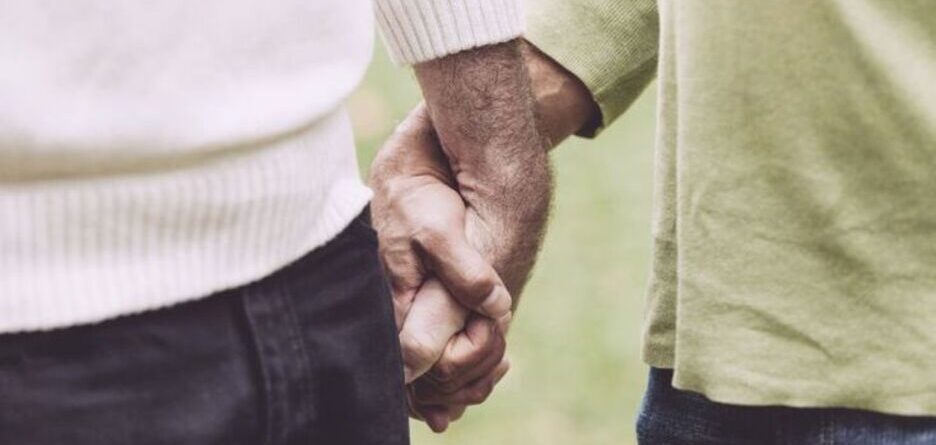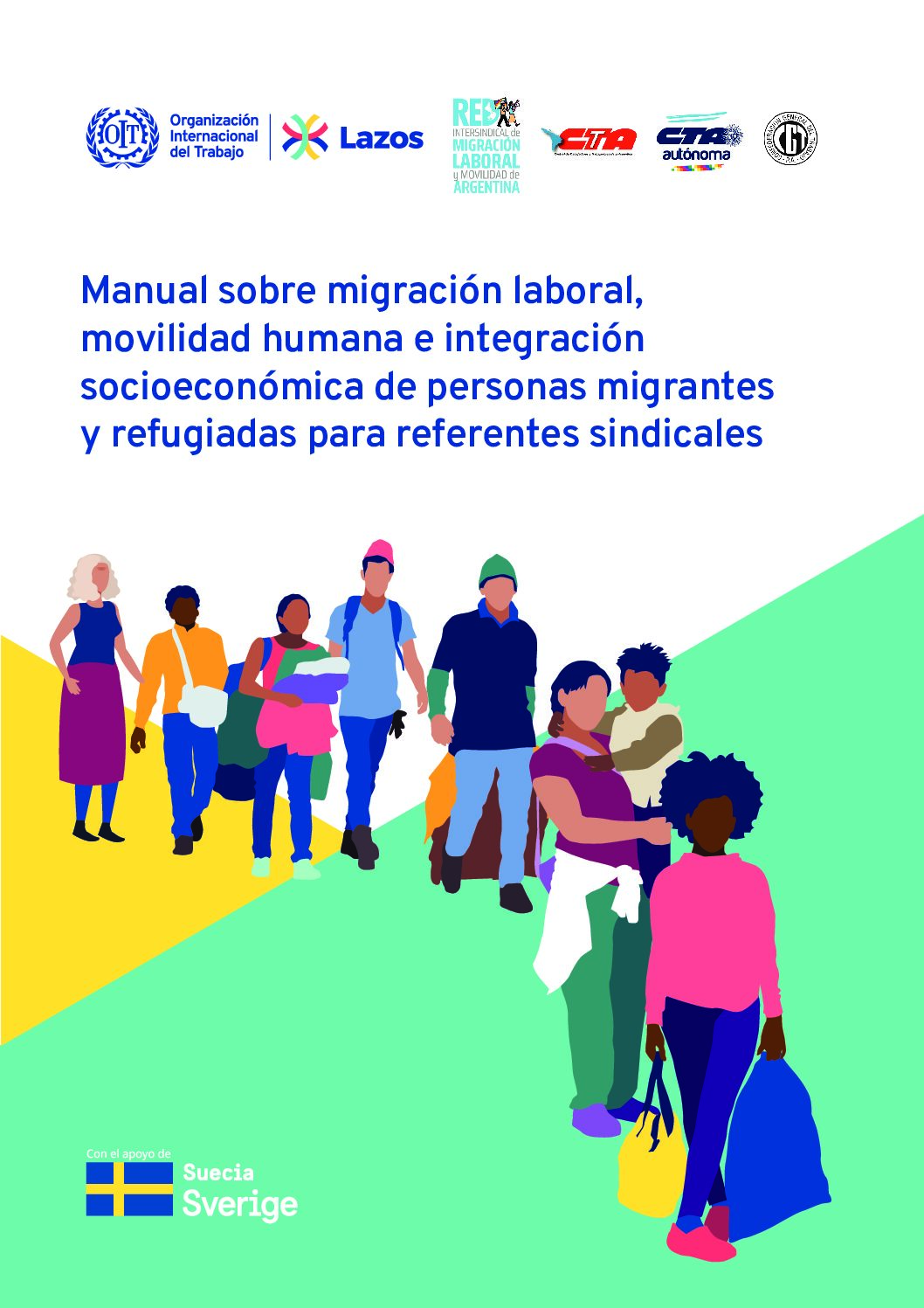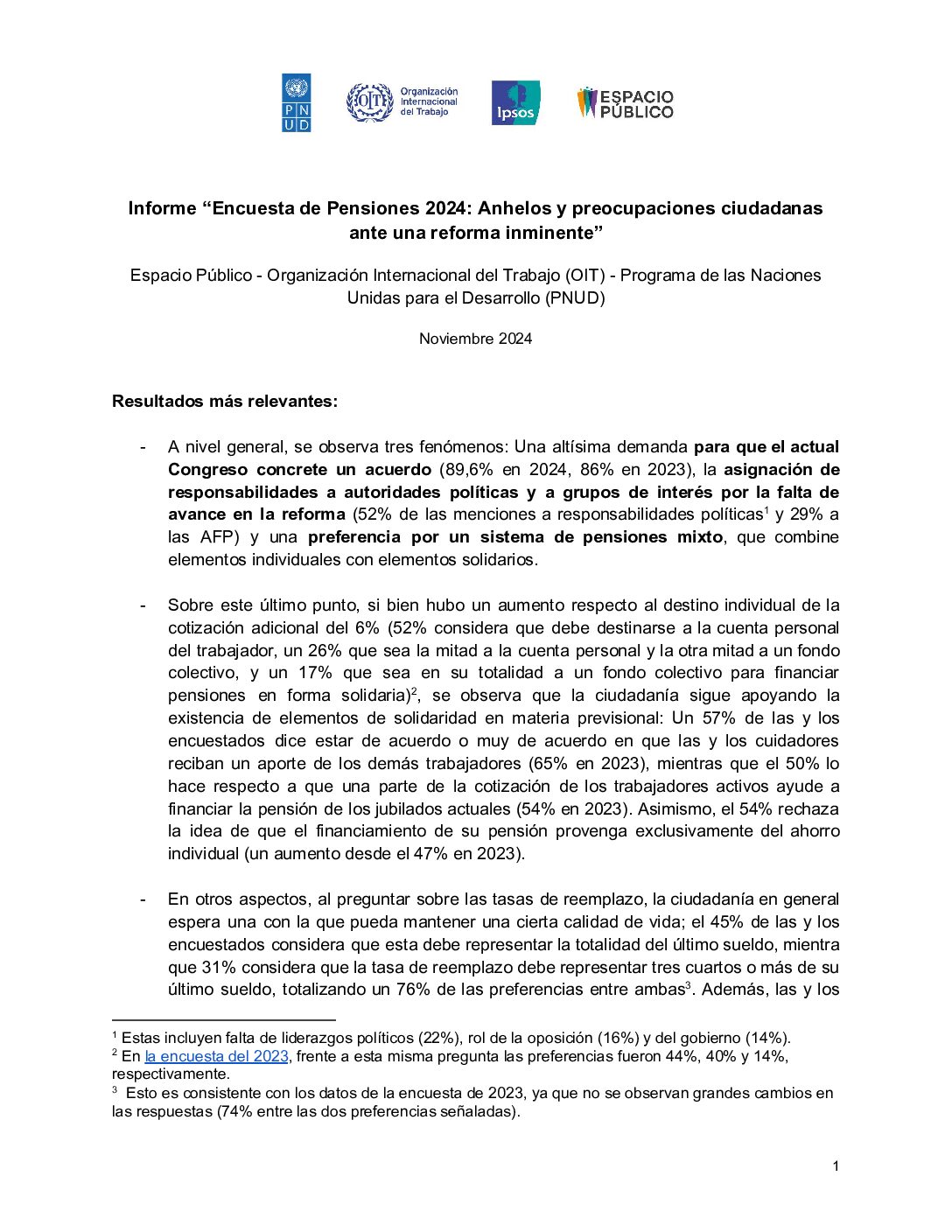Personas mayores lesbianas, gais, bisexuales y transgénero (LGBT): derechos humanos y bienestar socioeconómico olvidados
Por Daria Suárez Rehaag (M.B.A.) y Daniela Bolaños Torres (Bach.)
¿No dejar a nadie atrás? Las personas mayores LGBT están siendo olvidadas
Las Naciones Unidas aprobaron en 2015 los 17 Objetivos de Desarrollo Sostenible (ODS), que fueron desagregados en 169 metas con miras a trabajar por un desarrollo socioeconómico sostenible e inclusivo (UNEVOC, 2015). Sin embargo, a pesar del ideal de construir mejores sociedades a partir de esta agenda, no se pueden obviar las barreras y desafíos que afectan la capacidad de los Estados para implementarla. Las sociedades deben responder desde diferentes frentes de lucha. En este caso, las brechas sociales son el principal enemigo y no siempre se dan respuestas eficaces, o no hay medios para aplicarlas.
Fuente: CEPAL
205 views










